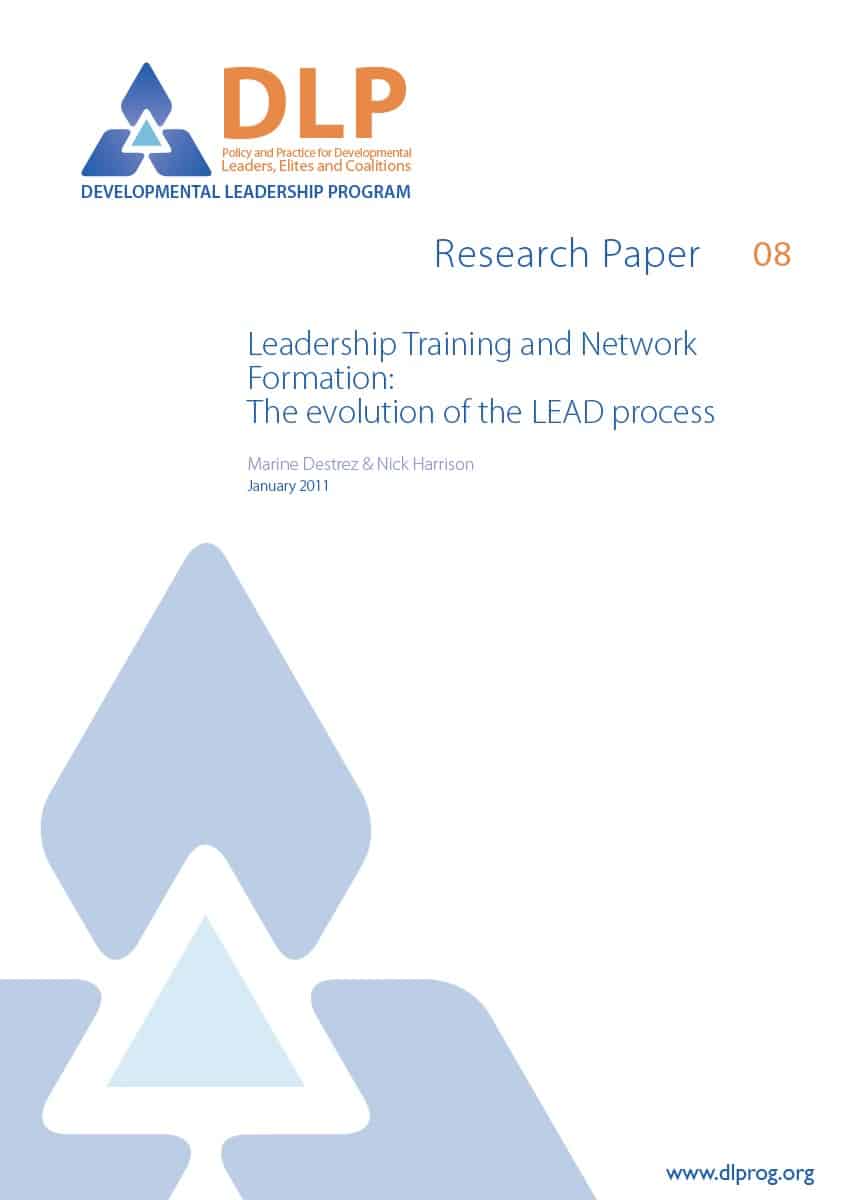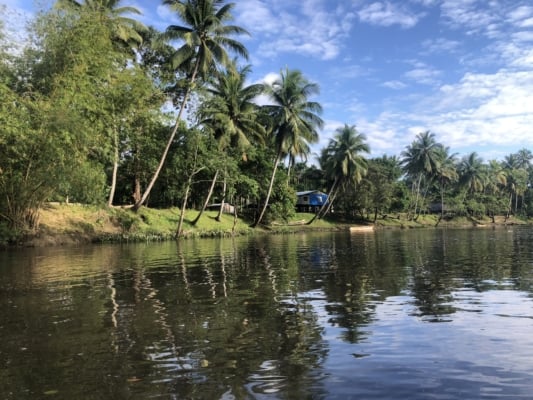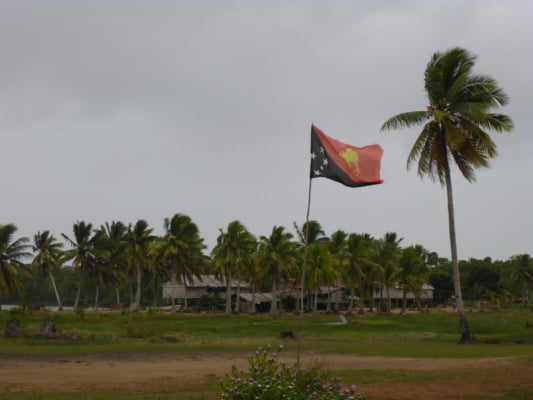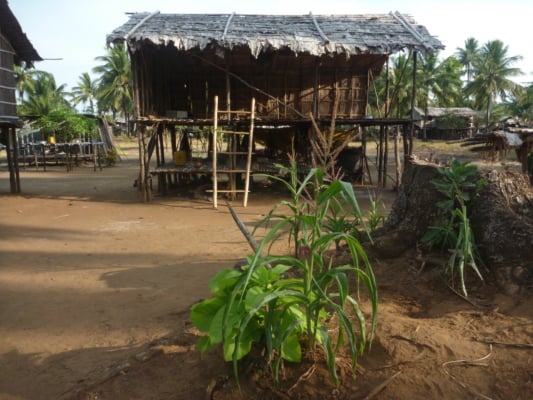This case history traces the evolution of LEAD International. It shows how LEAD started as a well-funded international training program, lasting for a two-year period for each cohort, which aimed to enable leaders from developing countries to engage better politically and professionally with the international community on environmental issues.
Over time it has become a more decentralised, shorter and diversified program, increasingly shaped by the needs, interests and priorities of its national Member Programs. This was also in part a consequence of reduced resources.
Key points:
The study shows that LEAD’s focus on the role of individual human agency in promoting environmental and developmental progress is complemented by a strong sense among its Fellows of the value and importance of networks, within and across countries.
However, as with many other leadership development programs, LEAD has no systematic process of evaluating, measuring and recording the developmental impact of the work of its Fellows. The case is made for the need to develop evaluation and monitoring, perhaps in conjunction with other leadership programs.









